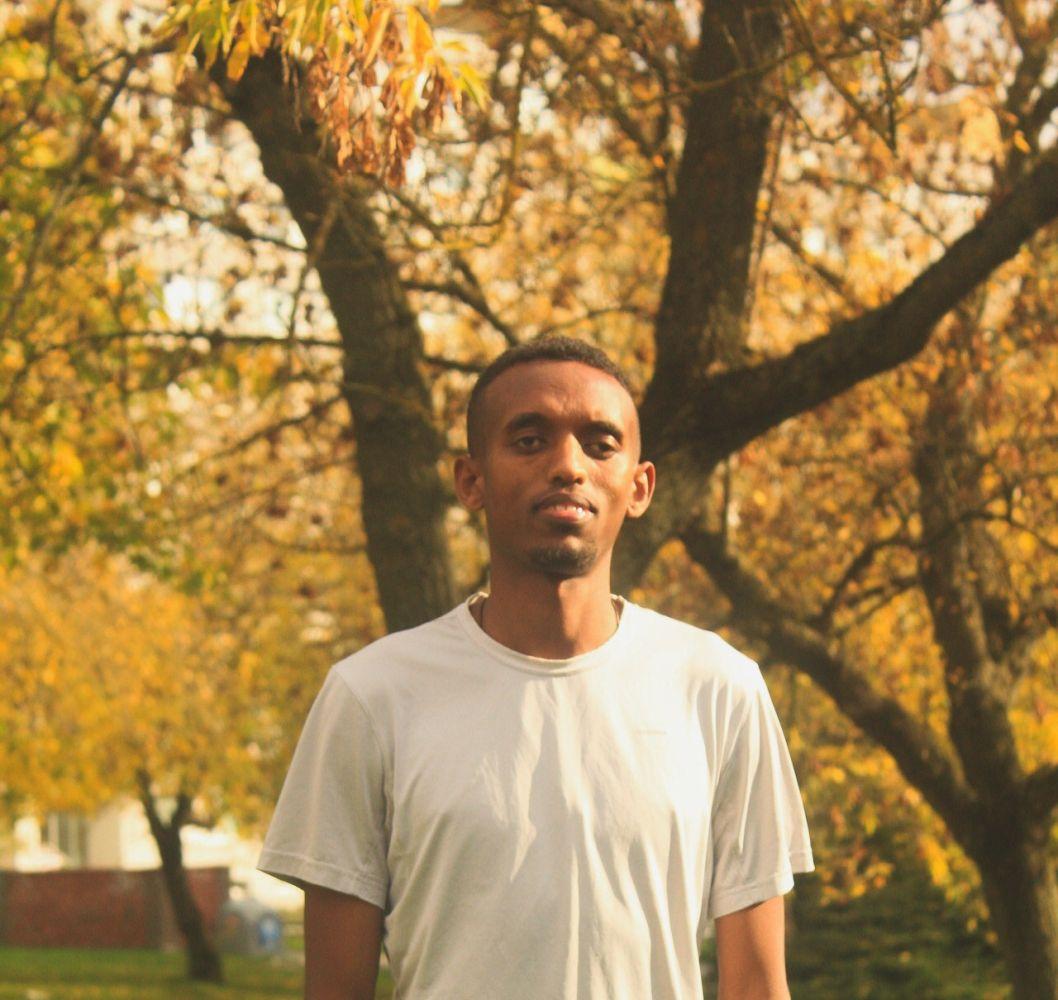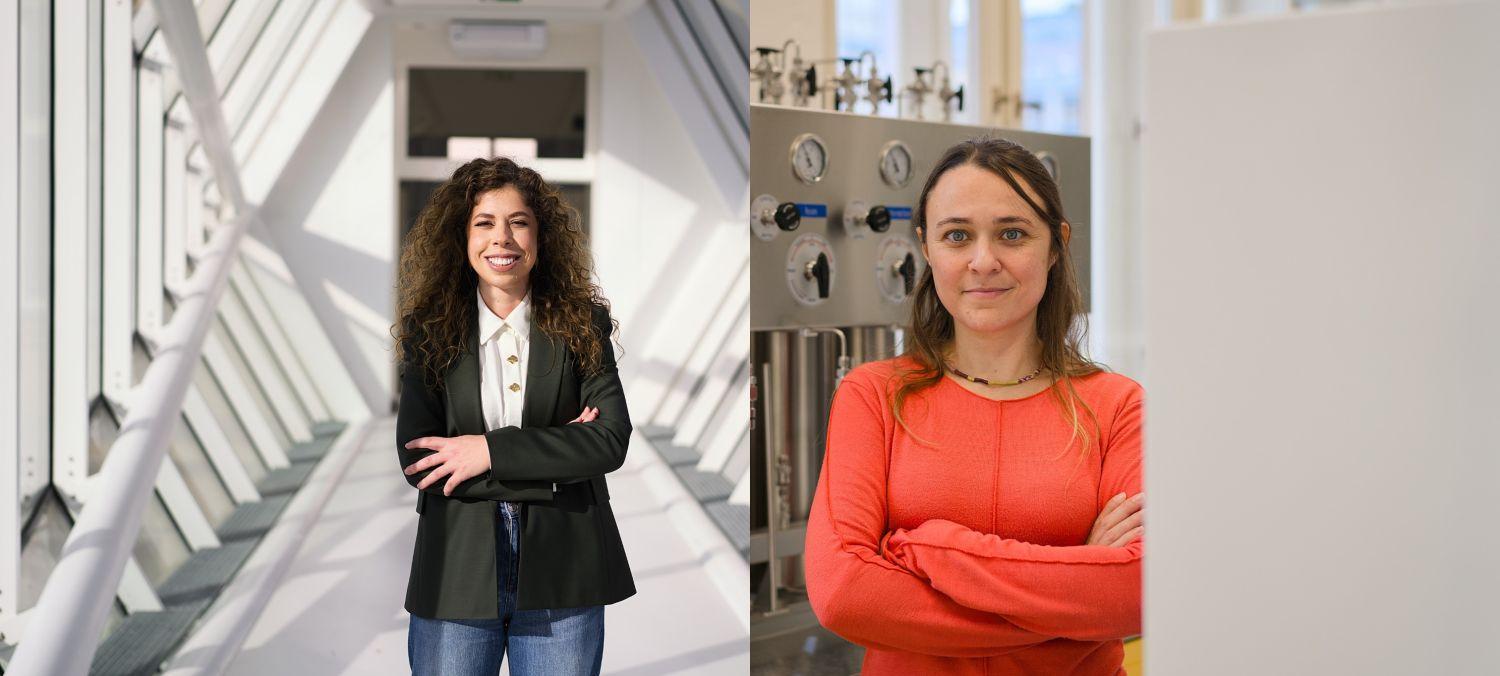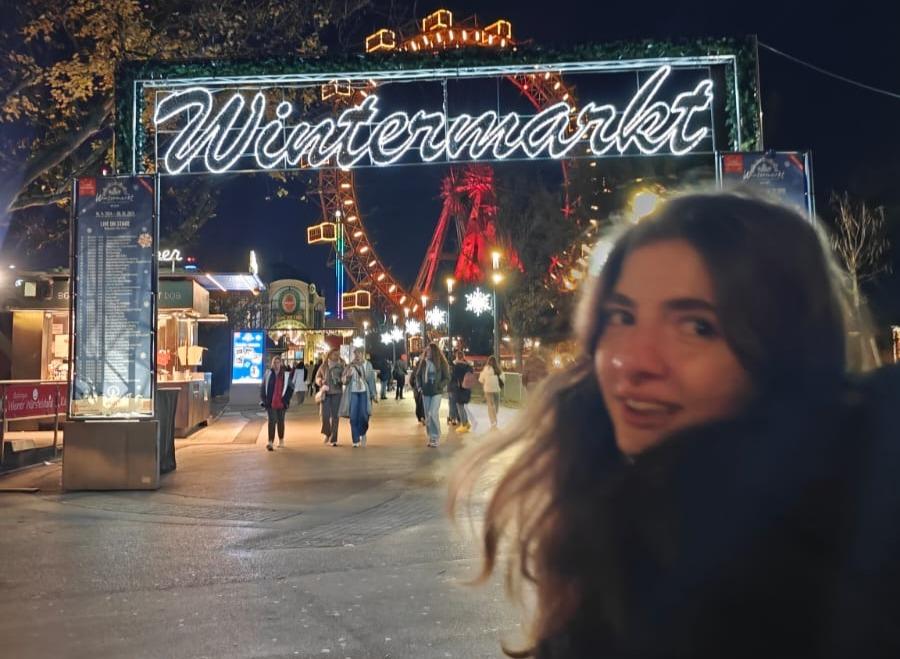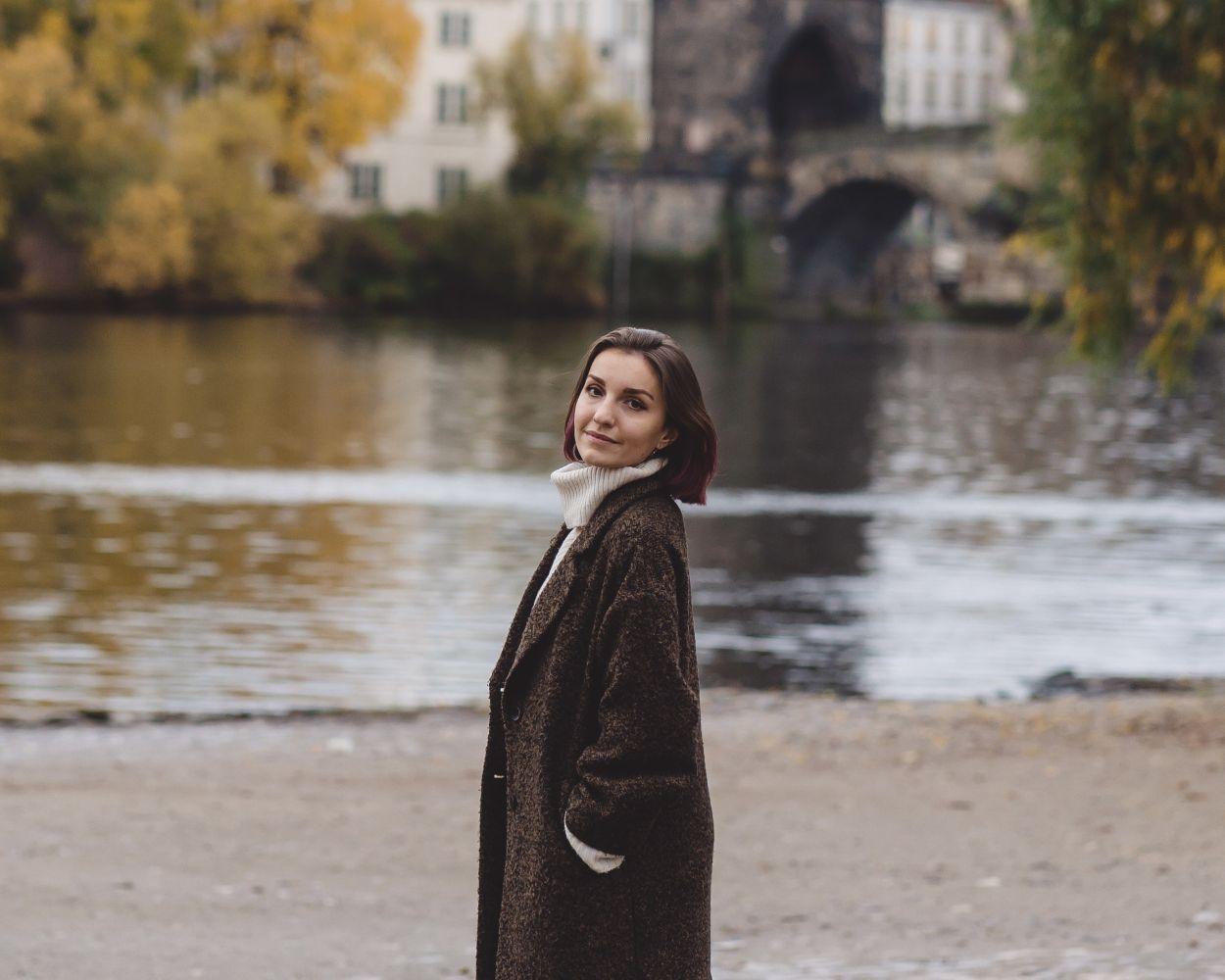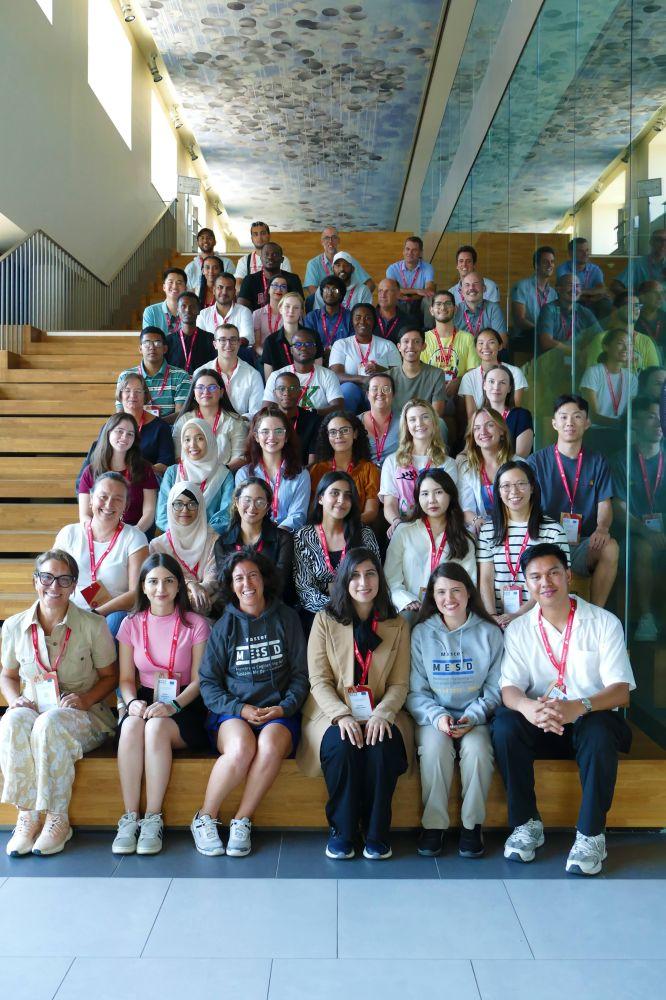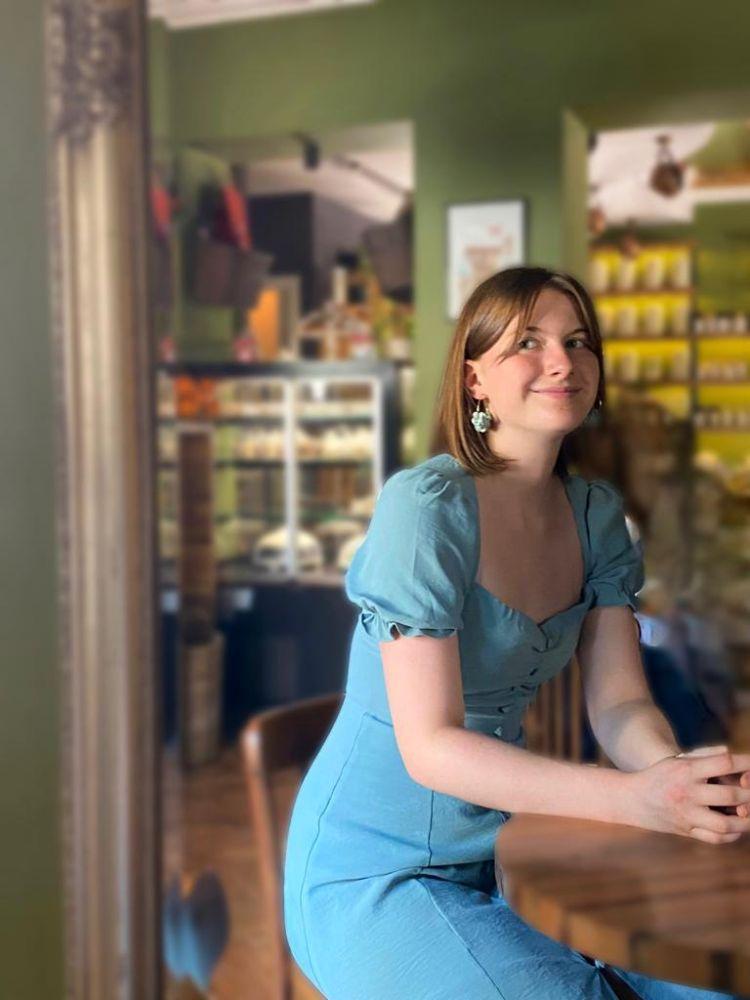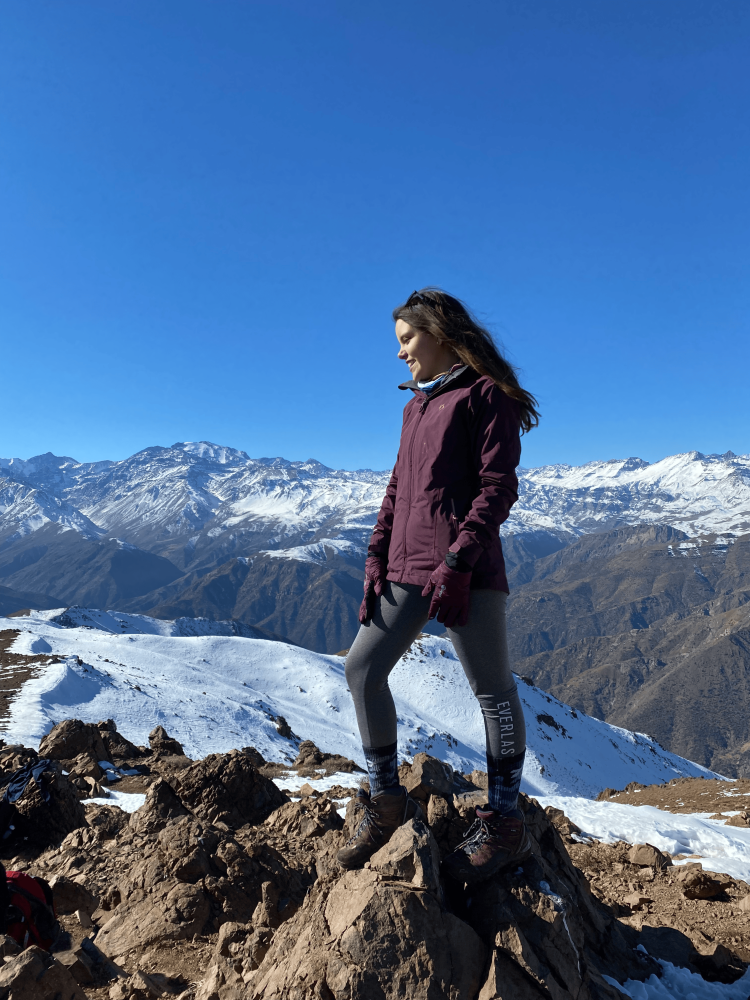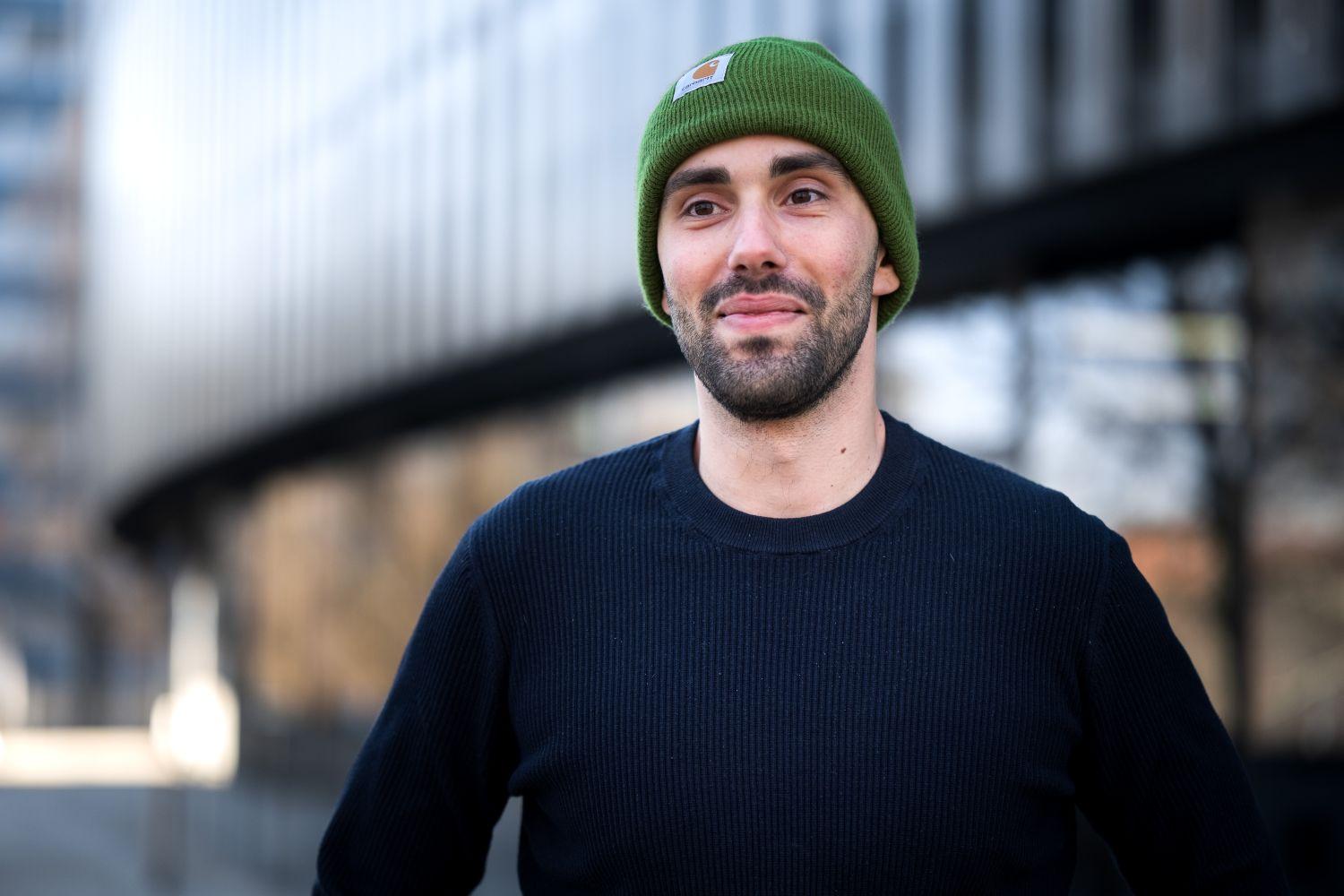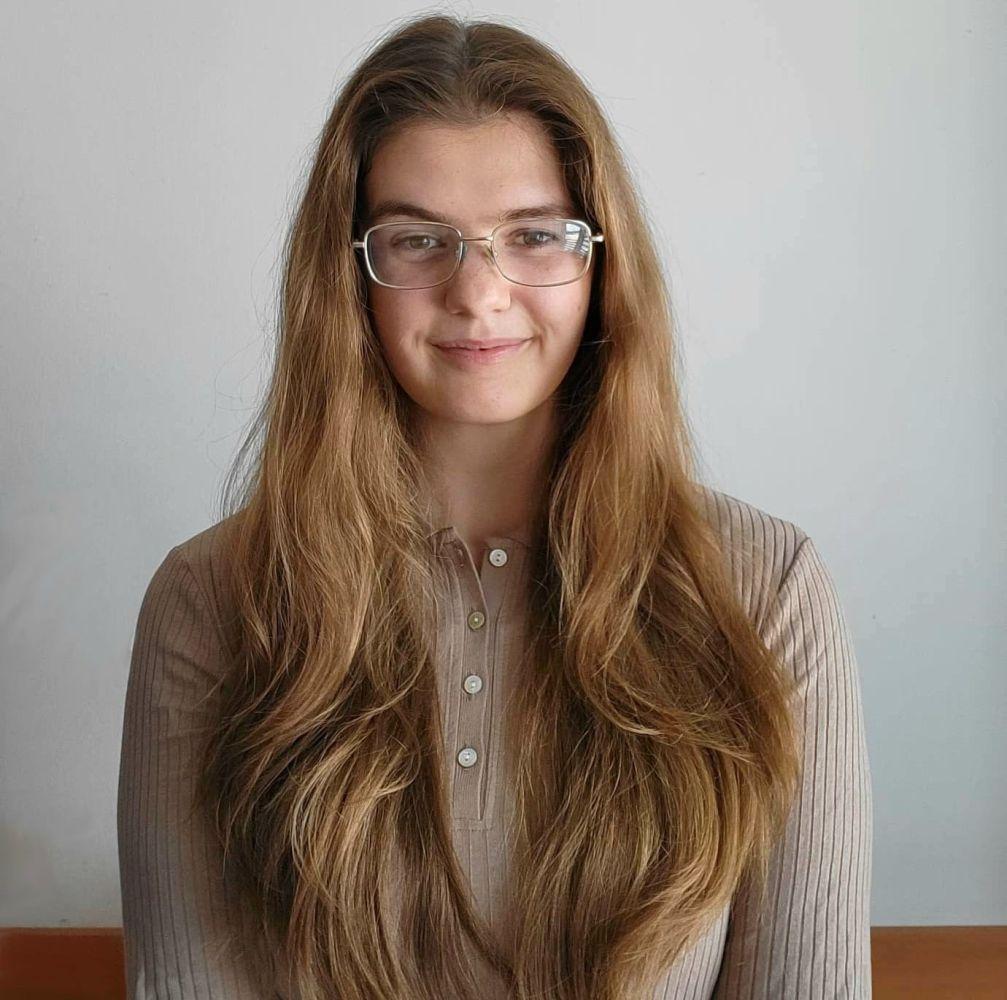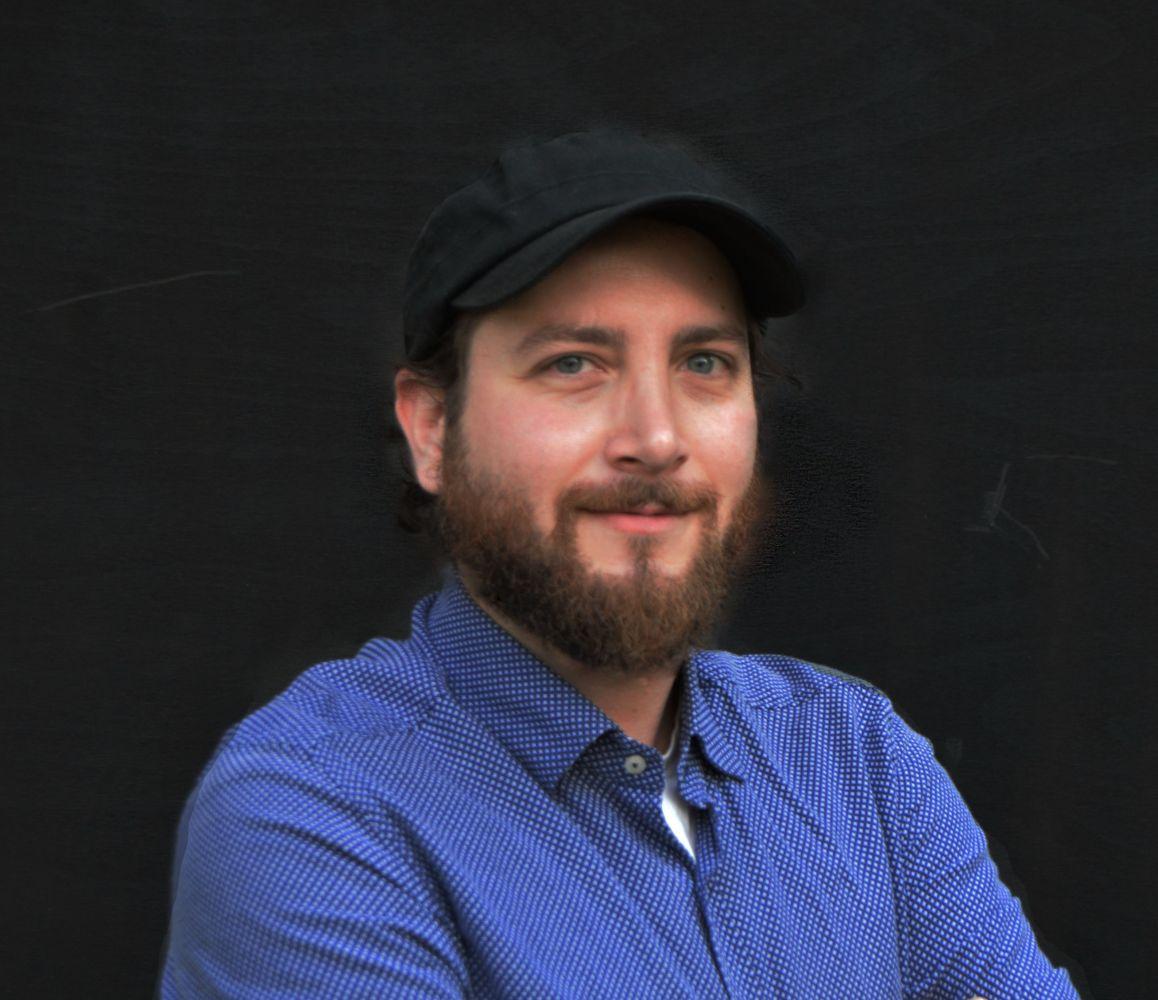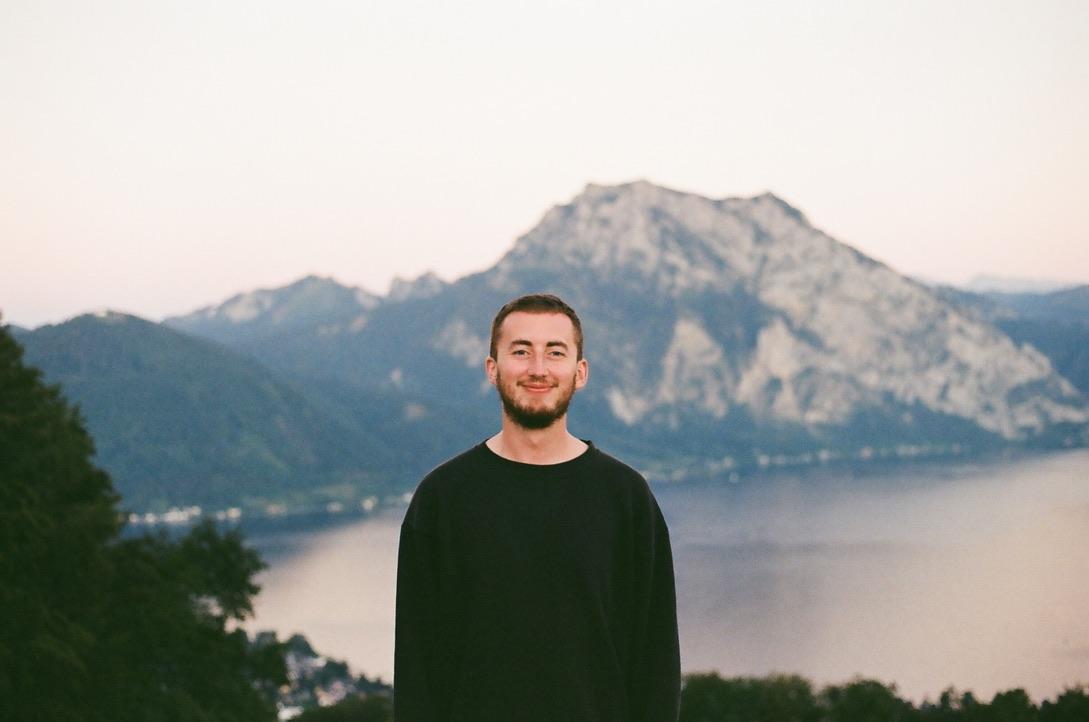Homepage
Krok zpět
About UCT Prague
Krok zpět
Admissions
Krok zpět
Degree Programmes
Krok zpět
Studying at UCT
Krok zpět
Life in Prague
Krok zpět
Contact Us
Krok zpět
UCT websites
Faculties
Central University Departments
Thematic websites
Rector’s Offices
Administration of University Facilities
University institute and Centre
See whole organisational structure of UCT Prague
Back
Departments at FCT
Other faculty units
See whole organisational structure of UCT Prague
Back
Departments at FCT
Other faculty units
See whole organisational structure of UCT Prague
Back
Departments at FFBT
Other faculty units
See whole organisational structure of UCT Prague
Back
Departments at FCE
Other faculty units
See whole organisational structure of UCT Prague
Back
See whole organisational structure of UCT Prague
Back
See whole organisational structure of UCT Prague
Back
See whole organisational structure of UCT Prague
Back
See whole organisational structure of UCT Prague
Back
See whole organisational structure of UCT Prague
Back
See whole organisational structure of UCT Prague
Back
See whole organisational structure of UCT Prague
Back
See whole organisational structure of UCT Prague
Back
See whole organisational structure of UCT Prague
Back
See whole organisational structure of UCT Prague
Back
See whole organisational structure of UCT Prague
Back
See whole organisational structure of UCT Prague
Back
See whole organisational structure of UCT Prague
Back
See whole organisational structure of UCT Prague
Back
See whole organisational structure of UCT Prague
Back
See whole organisational structure of UCT Prague
Back
See whole organisational structure of UCT Prague
Back
See whole organisational structure of UCT Prague
Back
See whole organisational structure of UCT Prague
Back
See whole organisational structure of UCT Prague
Back
See whole organisational structure of UCT Prague
Back
See whole organisational structure of UCT Prague
Back
See whole organisational structure of UCT Prague
Back
See whole organisational structure of UCT Prague
Back
See whole organisational structure of UCT Prague
UCT Information systems
Learning & Teaching
Student information system
Learning Portal (Moodle)
Mobile access to SIS, maps and menus
Joint UCT, IOCB and NTK Library of Chemistry
SÚZ website - accomodation, canteens, Recreational Facilities
Training portal with examples
Bachelor, diploma and dissertation theses
Communication
UCT e-mail
Staff contacts
Central Calendar of UCT Prague
Events and courses organised by the school
Viva Engage (former Yammer)
Posters projected in corridors
Work
Information for employees
Personnel system
Economic system
Managerial system
Detecting the presence of people at UCT
Personal Bibliographic Database
Registration of arriving foreigners








